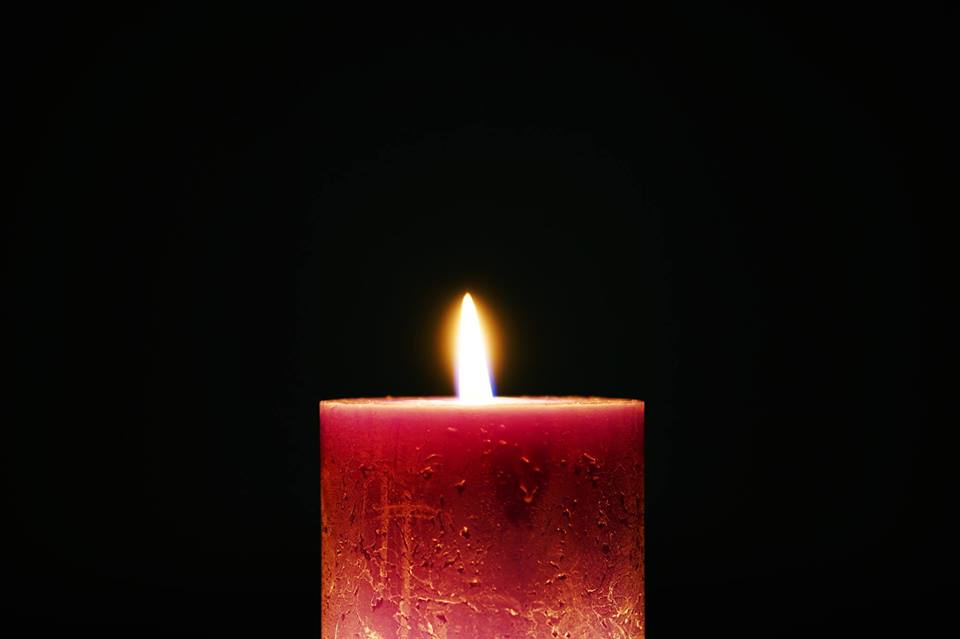
Today is the first Sunday of Advent. For centuries, Christians have observed this liturgical season, a time of expectant waiting and preparation for the birth of Jesus. But Advent is bigger than a birthday celebration. Since the time of Bernard of Clairvaux in the 12th Century, Christians have spoken of the three comings of Christ: in the flesh in Bethlehem, in our hearts daily, and in glory at the end of time.
On Twitter this morning, my friend Nathan observed that all of 2020 has been an Advent of sorts: “Waiting for hope. Longing for joy. A deep desire for peace. For love that will make things right.”
Bitterly divided partisan politics, the most significant racial unrest in fifty years, a global pandemic, financial insecurity, crushing loneliness and isolation. Sometimes it feels like this world is a dark, dark place. And that’s just the world around us, the world that we find ourselves in. What happens when we slow down for a moment and look within? What darkness do we harbor within our own hearts? What challenges, what hopelessness? If nothing else, 2020 has reminded us that we are imperfect people who are living in an imperfect world. We all hold sadness and pain inside our hearts. We all feel despair and hopelessness in areas of our lives. This is part of being human. This is part of being alive.
But throughout the centuries, even through difficult times, followers of Jesus have observed the season of Advent, straining through the darkness for a glimpse of the light.
I always remember that great pop prophet Ariana Grande’s song “The Light Is Coming” at this time of year. The insistent chorus repeats again and again and again: “A light is coming to give back everything the darkness stole.” Do you hear the hope? A light is coming… Not might be coming. It IS coming. And it’s going to restore everything that the darkness stole.
All throughout history, humanity has believed that somehow, some way, in the words of 12th Century Christian mystic Julian of Norwich, “All will be well, and all will be well and all manner of thing will be well.”
A hundred years later, Islamic poet Rumi wrote “Where there is ruin there is hope for treasure.”
In the 1850s, Emily Dickinson wrote,
“Hope” is the thing with feathers
That perches in the soul –
And sings the tune without the words –
And never stops – at all –
Buddhist monk Thích Nhất Hạnh said “Hope is important because it can make the present moment less difficult to bear. If we believe that tomorrow will be better, we can bear a hardship today.”
Anglican Bishop Desmond Tutu wrote “Hope is being able to see that there is light despite all the darkness.”
And all the way back in the 2nd Century, one of the early Church fathers, Tertullian, wrote, “Hope is patience with its lamp lit.”
I work with many closeted LGBTQ+ people, and I know for them the waiting can be agonizing. I remember. When will I be free to live authentically? When will I be able to reveal my true self to my family, to my church or workplace? When will I be able to experience love that feels natural? I don’t know the answers to these questions. Sometimes it’s simply not possible to come out and there’s no telling when it will be. But I know this: The light is coming for you too. Jesus can open even the most stubborn closet door, can shine the warmth and light of his love into the darkest corner. And you don’t have to be alone. There are so many of us who will wait with you, remind you that the night never lasts forever.
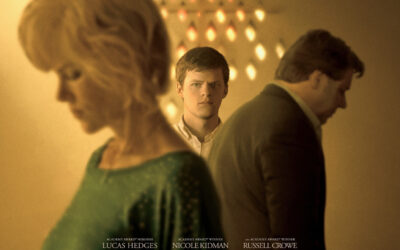
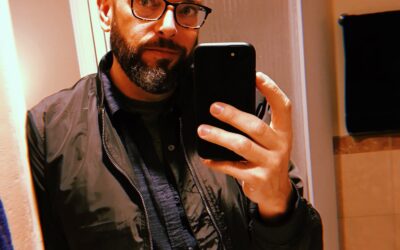

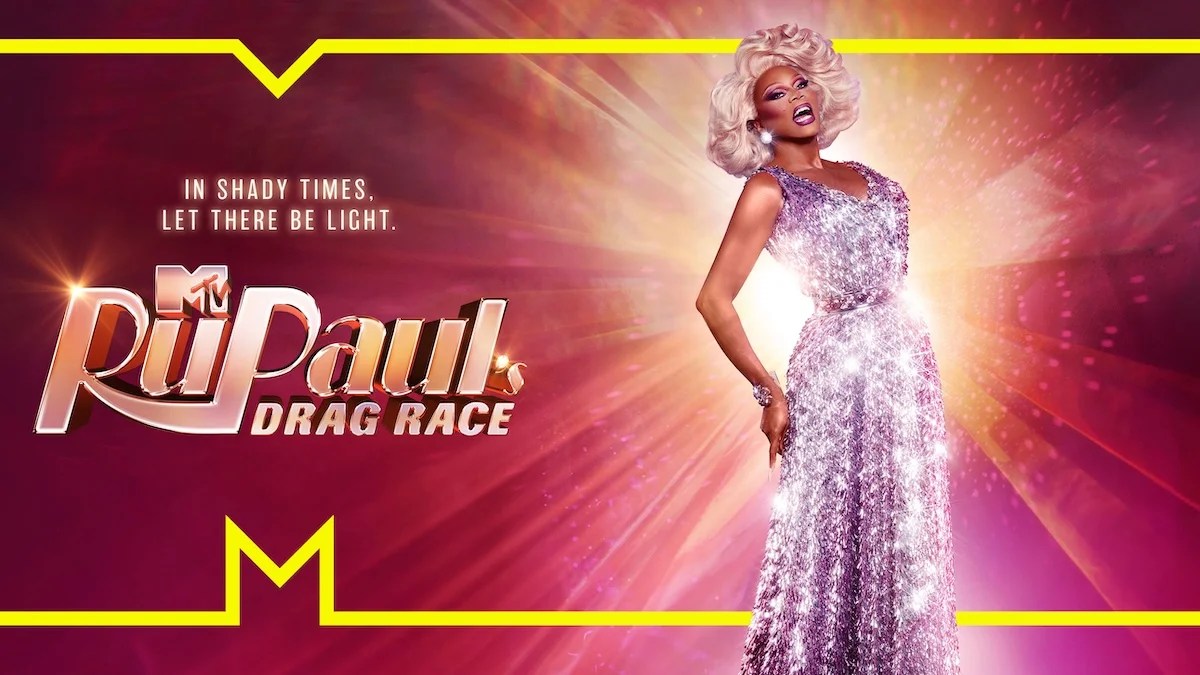

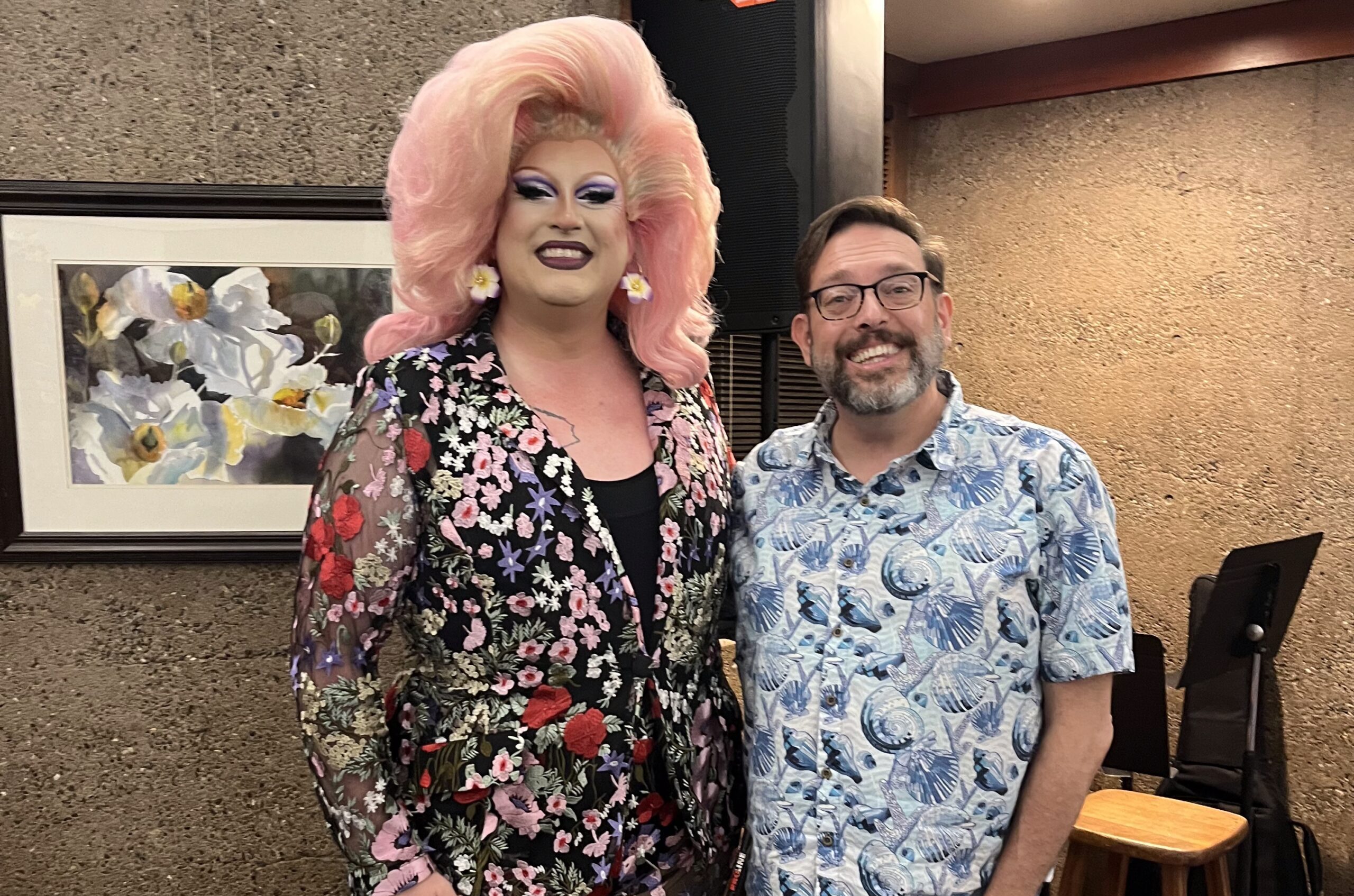
Good word. Thanks for sharing. I love this quote — “Hope is patience with its lamp lit.”